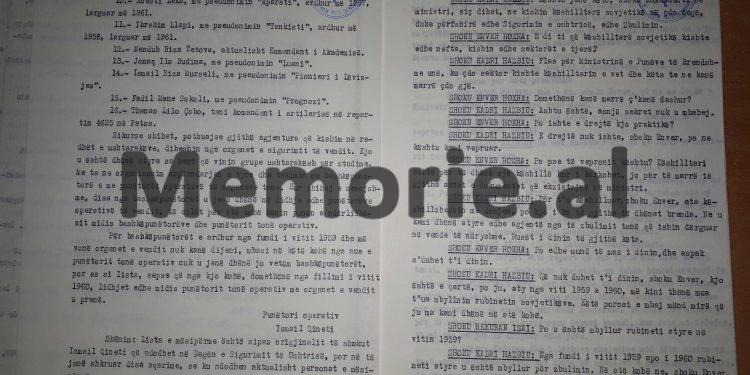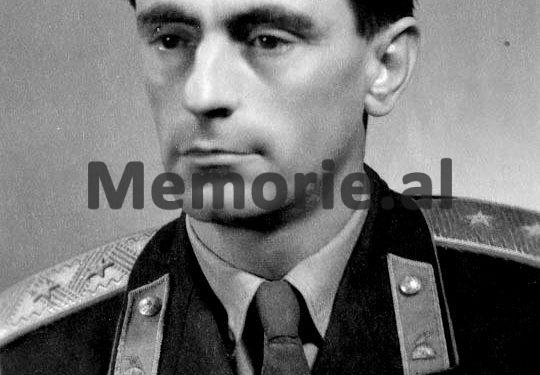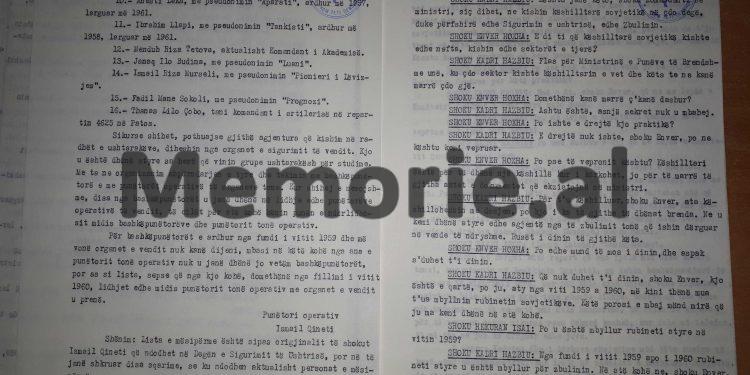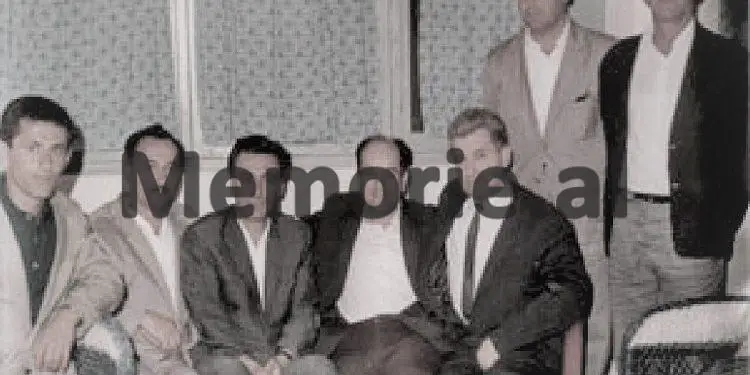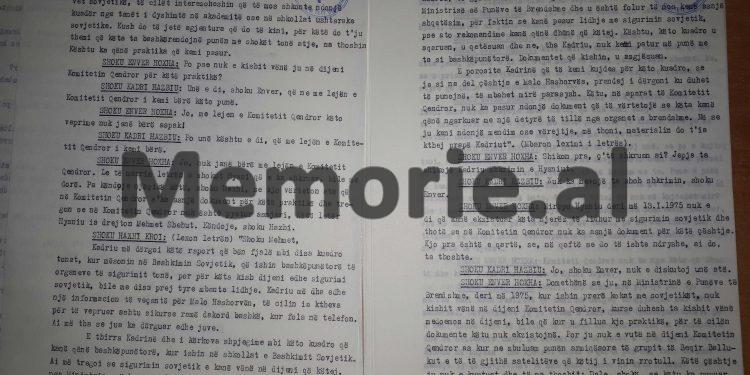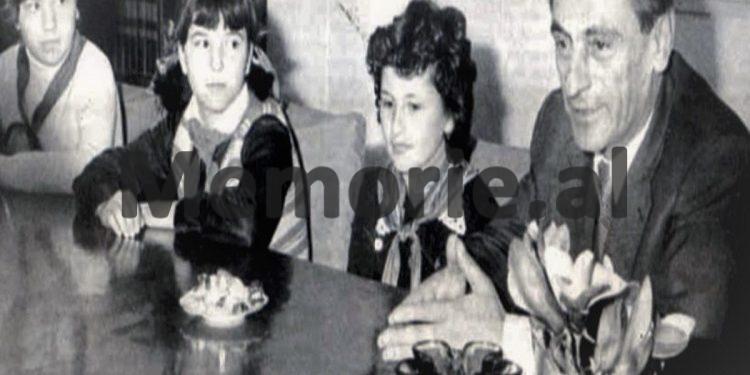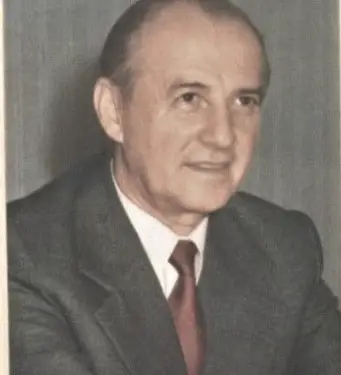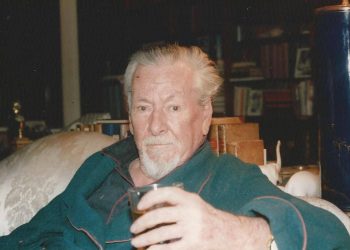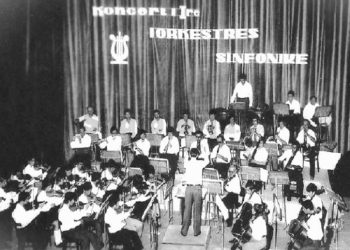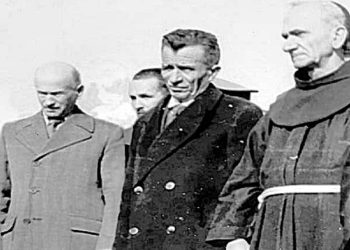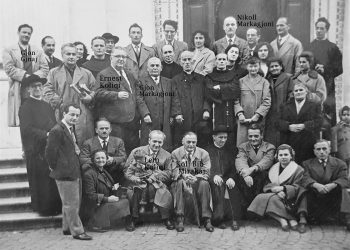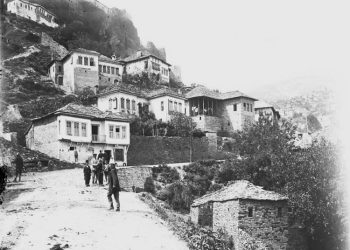Dashnor Kaloçi
The fifth part
Memorie.al/ publishes some documents issued by the Central State Archive (fund of the former Central Committee of the ALP), where there is a voluminous file with archival materials which bear the initials ‘Top secret’, which belong to the period of 1981-1982, with reports, reports, evidence, information, minutes of the meetings of the Politburo and the secretariat of the Central Committee of the ALP, etc., starting from what was held to review and analyze the self-criticism of the former -Prime Minister Mehmet Shehu in December 1981, because he had allowed the engagement of his son, Skënder, “with a girl who had some political fugitives in her family circle”, the marathon meeting of the Politburo in the afternoon of 17 December of the year that lasted until the late hours of that night, where that problem was discussed with the debates and discussions of all members who “crucified” former Prime Minister Shehu, the meeting of the morning of December 18, after the news that Prime Minister Mehm et Shehu had killed himself, the marathon meeting of the Secretariat of the Central Committee of the ALP on September 20, 1982, with the topic: “Analysis of serious mistakes of Kadri Hazbiu, committed during the period when he was deputy minister and minister of Internal Affairs “, where Enver Hoxha initially launched accusations against Kadri Hazbiu, luring him as a” loyalist of the Party “, (in order for him to” open the heart of the Party “, speaking against former Prime Minister Mehmet Shehu) , where at the beginning of his speech, Enver said: “After the coup in the army, we discovered the traitorous group in economics of Abdyl Këllez, Koço Theodhos and Kiço Ngjela with friends. We also discovered this group here; it was not discovered by the State Security. The same can be said about the discovery of the group of Fadil Paçrami, Todi Lubonja and a number of other people connected with them, such as Ismail Kadareja with friends, the Security did not reveal, but that hostile work was discovered by the Committee Central ”, etc.! All these and other documents with the logo ‘Top secret’, will be published in several issues in a row, exclusively by Memorie.al
Continued from the previous issue
The document with the minutes of the meeting of the Secretariat of the Central Committee of the ALP, on the topic “Analysis of serious mistakes of Kadri Hazbiu, committed during the period when he was Deputy Minister and Minister of Internal Affairs”, held on September 20, 1982
Top secret
MEETING OF THE SECRETARIAT OF THE CENTRAL COMMITTEE OF THE ALP DATE SEPTEMBER 20, 1982
This meeting was convened by Comrade Enver, where comrades Adil Çarçani and Hekuran Isai were also invited to analyze the serious mistakes of the member of the Politburo, Kadri Hazbiu, committed during his time in the Ministry of Internal Affairs, as Deputy Minister of then minister.
COMRADE ENVER HOXHA: What do you Kadri say about this now?
COMRADE KADRI HAZBIU: So are these, Comrade Commander…! In the Ministry, as is well known, we had Soviet advisers in every branch, including Army Security and Intelligence.
COMRADE ENVER HOXHA: Do you know that the Soviet advisor also had oil, did they have other sectors?
COMRADE KADRI HAZBIU: I am talking about the Ministry of Internal Affairs, where each sector had its own advisor and they have taken everything from us.
COMRADE ENVER HOXHA: So they got what they wanted?
COMRADE KADRI HAZBIU: That’s right; no secrets were kept from them.
COMRADE ENVER HOXHA: Yes, was this practice fair?
COMRADE KADRI HAZBIU: It was not right; Comrade Enver, but we did so.
COMRADE ENVER HOXHA: Why did you do that? The advisor is to give advice when asked, not to take all the acts and documents that exist in the Ministry.
COMRADE KADRI HAZBIU: To be consulted, Comrade Enver, they consulted with the file, but this has all the data inside. We have also given them agents from our Intelligence who was sent to different places. The Russians know all this.
COMRADE ENVER HOXHA: Yes, they might not have known them, and they should not have known them at all.
COMRADE KADRI HAZBIU: That they should not have known, Comrade Enver, this is clear, but you, in 1959 or 1960, told me to turn off the tap on the Soviets. I remember well this message you gave me at that time.
HEKURAN ISAI COMRADE: Was the tap turned off for them at that time?
COMRADE KADRI HAZBIU: By the end of 1959 or 1960, the tap was closed to them for Discovery. At that time, Comrade Enver, this is how we considered it, everything they knew, from the files, from the agents and everything else that interested them.
As for the Army Security branch, we also had our own Soviet advisers, who were interested in preventing any of our dubious cadres from going to Soviet military academies or schools.
“Who will be the agency you will have, so we will tell them to coordinate the work with our friends there,” they told us. This has been the practice we have had.
COMRADE ENVER HOXHA: But why did not you inform the Central Committee about this practice?
COMRADE KADRI HAZBIU: I know, Comrade Enver, that with the permission of the Central Committee we have done these things.
COMRADE ENVER HOXHA: No, no, with the permission of the Central Committee, these actions have not been done at all.
COMRADE KADRI HAZBIU: Yes, I know that we did it with the permission of the Central Committee.
COMRADE ENVER HOXHA: No, they were not made with the permission of the Central Committee. Let’s take the letter of comrade Hysni who wrote it, even by hand. You are singing a little to this comrade Haxhi, that this proves that there is no document in the Central Committee, about this practice and shows that no one has been asked in the Central Committee. Hysniu addresses this letter to Mehmet Shehu, Sing by comrade Haxhi.
COMRADE HAXHI KROI: (Reads the letter).
“Comrade Mehmet, Kadriu sent me this report that talks about some of our cadres, when they were studying in the Soviet Union, who were collaborators of our Security organs, but the Soviet Security was aware of these, and even kept in touch with some of them. .
Kadriu also gave me special information about Malo Hashorva, which I returned to him to act as we agreed together when I spoke on the phone. He told me he sent it to you too.
I called Kadri and asked him for explanations about these cadres who were collaborators when they were in the schools of the Soviet Union. He told me that the Soviet Security had been informed from here, by the Ministry, based on the connections they had at the time.
When our students returned, after 1960, when we broke up with the Soviets, Kadriu told me, all these cadres were called by the responsible comrades in the Ministry of Internal Affairs and they were told not to have any concerns, about the fact that have had to do with Soviet Security, why those recommendations have been given henceforth.
Thus, these cadres were clarified, calmed down and we, said Kadriu, did not work with them as collaborators. The documents we had were destroyed.
I instructed Kadrina to take care of these cadres that is how the case of Malo Hashorva comes to us, so send them where they should work, to be well taken into account.
Here, in the apparatus of the Central Committee, there was no document to prove that they were charged with such a task by the Internal Bodies.
“If you have any thoughts or remarks, tell me, he will return the material to Kadri.” (Finishes reading the letter).
COMRADE ENVER HOXHA: So, what does he write? Let Kadriu look at Hysni’s writing.
COMRADE KADRI HAZBIU: There is no need to see the article, Comrade Enver.
COMRADE ENVER HOXHA: But Hysniu until 13.1.1975, does not know that these people were associated with the Soviet Security and says that in the Central Committee, there is no document on this issue. It is therefore clear that, if it were otherwise, he would have said it.
COMRADE KADRI HAZBIU: No, Comrade Enver, I do not discuss it.
COMRADE ENVER HOXHA: It means that you, in the Ministry of Internal Affairs, until 1975, when the heads of the Soviets were beheaded, had not informed the Central Committee, and you should have informed them, even when this practice started , for which the documents here do not exist.
But you did not inform the Central Committee, not even when we discovered the hostile work of Beqir Balluku’s group and all the satellites that came around it. You did not understand this issue and told us: Dale, comrades, that the Soviets worked here to this extent, we had put at their disposal, these and these people.
COMRADE KADRI HAZBIU: I know we have done this.
COMRADE ENVER HOXHA: If you did not do it, because if you had done it, these actions should have appeared somewhere.
COMRADE RAMIZ ALIA: Yes, this is a letter from Comrade Hysni, written in January-February 1975.
COMRADE ENVER HOXHA: Yes, these are the dates.
COMRADE KADRI HAZBIU: Well, I agree and I, who are with dates, but I know that there may be, friends are alive. As we broke up with the Soviets, I remember we pulled out the list of those who were collaborators with them.
COMRADE ENVER HOXHA: The list exists, but it was given in 1975. Even Hysni Kapoja says this, that we do not have any documents for them. Hysniu was surprised by this practice that you had implemented, cooperating so closely with the Soviets.
COMRADE KADRI HAZBIU: Let me explain for a minute that I am remembering it now, Comrade Enver. We, after breaking with the Soviets, gave the order to completely review the relations we had with them. The first job we did, as far as I know, we have a list of names, I do not know exactly how many there were, 80 or 70 people, because I do not remember well and I sent them here.
I do not remember who I sent to the Central Committee and you will forgive me for that, but with that list I showed who were the collaborators that the Russians had in connection, or these others.
COMRADE ENVER HOXHA: The Central Committee does not have any of what you say and it is confirmed by the letter of Comrade Hysni Kapos.
COMRADE RAMIZ ALIA: Kadri, I had a question for you. Let us now take this reality that we have files, to judge on this material. To the Soviets, you not only provided the collaborators, but you also provided all the characteristic data of our students and our officers, with their weaknesses and shortcomings, that they “take care” of, and this is today clear to us. Now does it occur to you that the Soviets did not work with this people?
COMRADE KADRI HAZBIU: They must have worked. Memorie.al
The next issue follows




